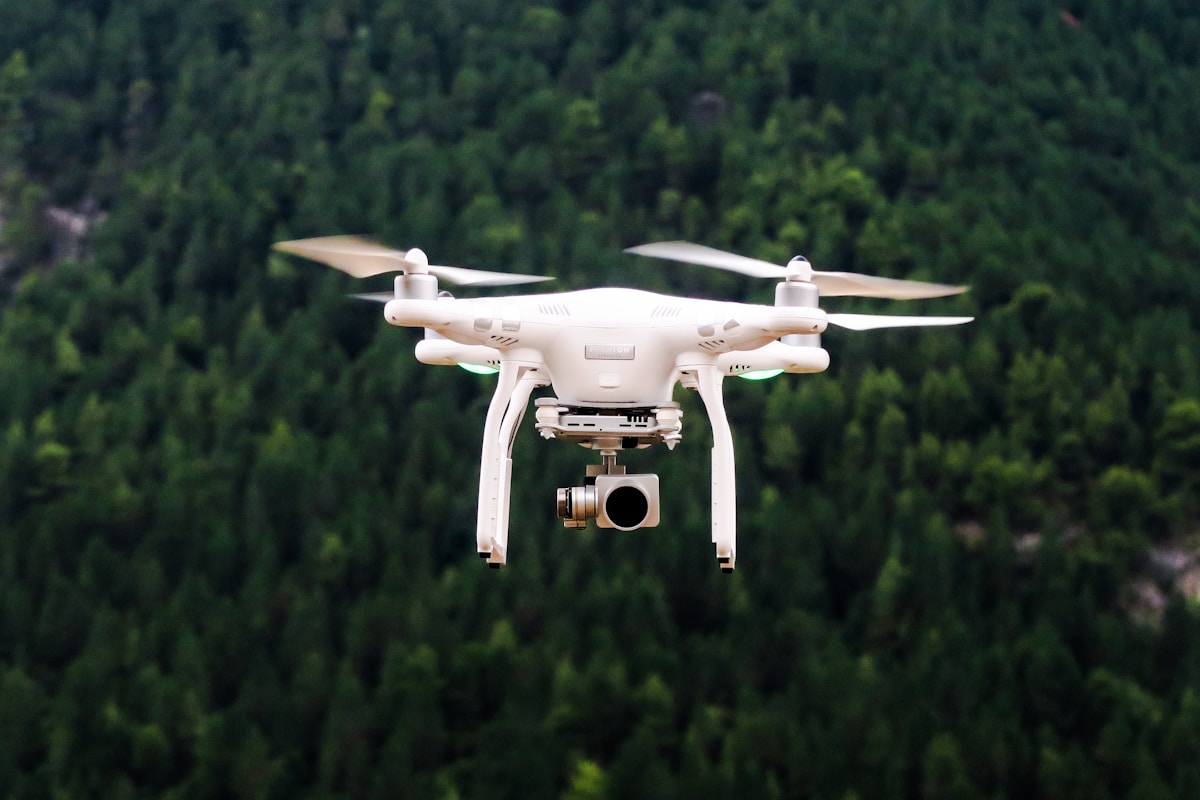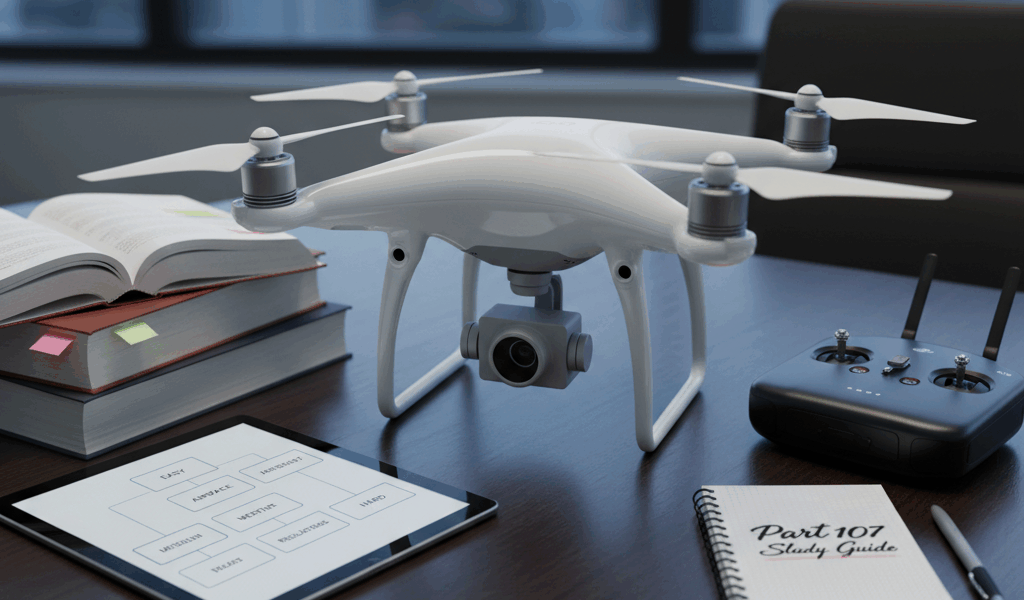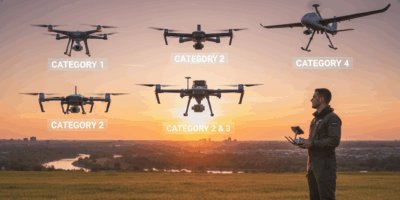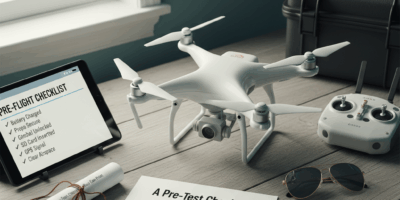Drone Operator Test Overview
The drone operator test is a critical step for anyone looking to fly drones commercially. Understanding the requirements and what to expect can make the process smoother. This overview will guide you through the essentials.
Eligibility Criteria
Before taking the drone operator test, ensure you meet the basic requirements. You must be at least 16 years old. You also need to understand English proficiently, since the test and regulations are in this language. Physical and mental fitness is essential for safe drone operation.
Registration Process

Registering for the test involves a few simple steps. Visit the Federal Aviation Administration (FAA) website. Create an account if you don’t already have one. Provide necessary personal information, including your name, address, and contact details. Pay the registration fee, typically around $150.
Study Materials
Studying for the test is crucial for passing. The FAA offers a detailed Aeronautical Knowledge Test Guide. It contains all the topics you need to know. Online courses and practice tests can also be beneficial. Use resources from reputable aviation schools for additional guidance.
Test Content
The test covers several key areas:
- Regulations and standards
- Airspace classification
- Weather effects on drone operations
- Emergency procedures
- Radio communication protocols
- Performance and limit data
The format of the test includes multiple-choice questions. Each question offers four possible answers. You must choose the correct one. There are a total of 60 questions. A score of 70% or higher is needed to pass.
Test-Day Procedures

On test day, arrive early at the testing center. Bring a valid ID for verification. The test is taken on a computer under proctored conditions. Allocate about 2 hours for the entire process, including instructions and the actual testing time.
Receiving Your Results
Results are provided immediately after you complete the test. If you pass, the FAA will issue a temporary certificate. The permanent certificate will arrive by mail after a thorough review, typically within 6-8 weeks. If you do not pass, you can retake the test after 14 days, but another registration fee will be required.
Maintaining Certification
Your drone operator certification is valid for two years. To maintain your certification, you must pass a recurrent knowledge test before your certificate expires. This ensures that you stay updated on any new regulations and best practices.
Operating Your Drone
With your certification, you can now legally operate drones for commercial purposes. Remember to always follow FAA regulations. These include flying below 400 feet, within visual line-of-sight, and not over people. Pre-flight checks and adhering to no-fly zones are also mandatory. Stay informed about any updates to regulations to maintain safe and lawful drone operations.
Common Challenges
Many operators face challenges, especially concerning airspace regulations and weather conditions. Understanding these elements can prevent accidents and legal issues. Staying informed and continuous learning are keys to overcoming these challenges.
Being a certified drone operator opens up many opportunities. Whether you aim to work in photography, agriculture, or inspections, following the right steps to certification is crucial. Using the resources and guidelines provided will help ensure your success in the drone operator test.
“`



